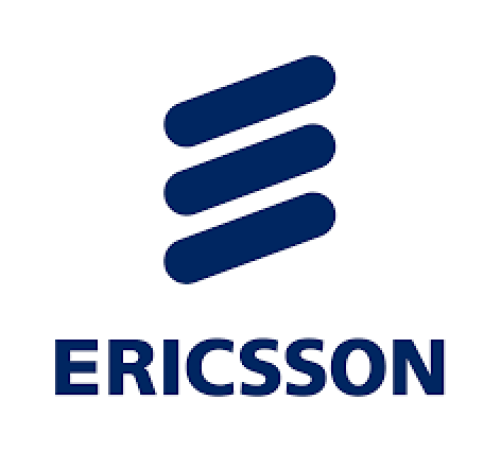Improving the world’s water with mobile money

There is enough fresh water to supply the global population, but it is unevenly distributed and often wasted or managed in ways that are unsustainable. In fact, according to the World Health Organization (WHO), at least 1.8 billion people worldwide now use a drinking water source that is contaminated.
Under intense political pressure to keep the cost of water to consumers at a minimum, utilities must be as efficient as possible. In particular, they can’t afford to spend a substantial slice of their overall budgets collecting money.
Enter the world of mobile money. If water service providers can accept digital payments, they could reduce transaction costs related to handling cash, such as transport, security and processes to counter corruption.
This latest Mobile Financial Services Insight Brief looks at how existing mobile networks and services can make it straightforward and cost-effective for individuals to pay as they use water, even with small payments of a dollar or less.
Access to fresh water is a human right, as designated by the UN. But ensuring access to safe drinking water for seven and a half billion people is both difficult and expensive. This is where digital technology, and in particular mobile money, can help.
SOURCE:ERICSSON
 Africas leading resource for digital financial services
Africas leading resource for digital financial services


comments